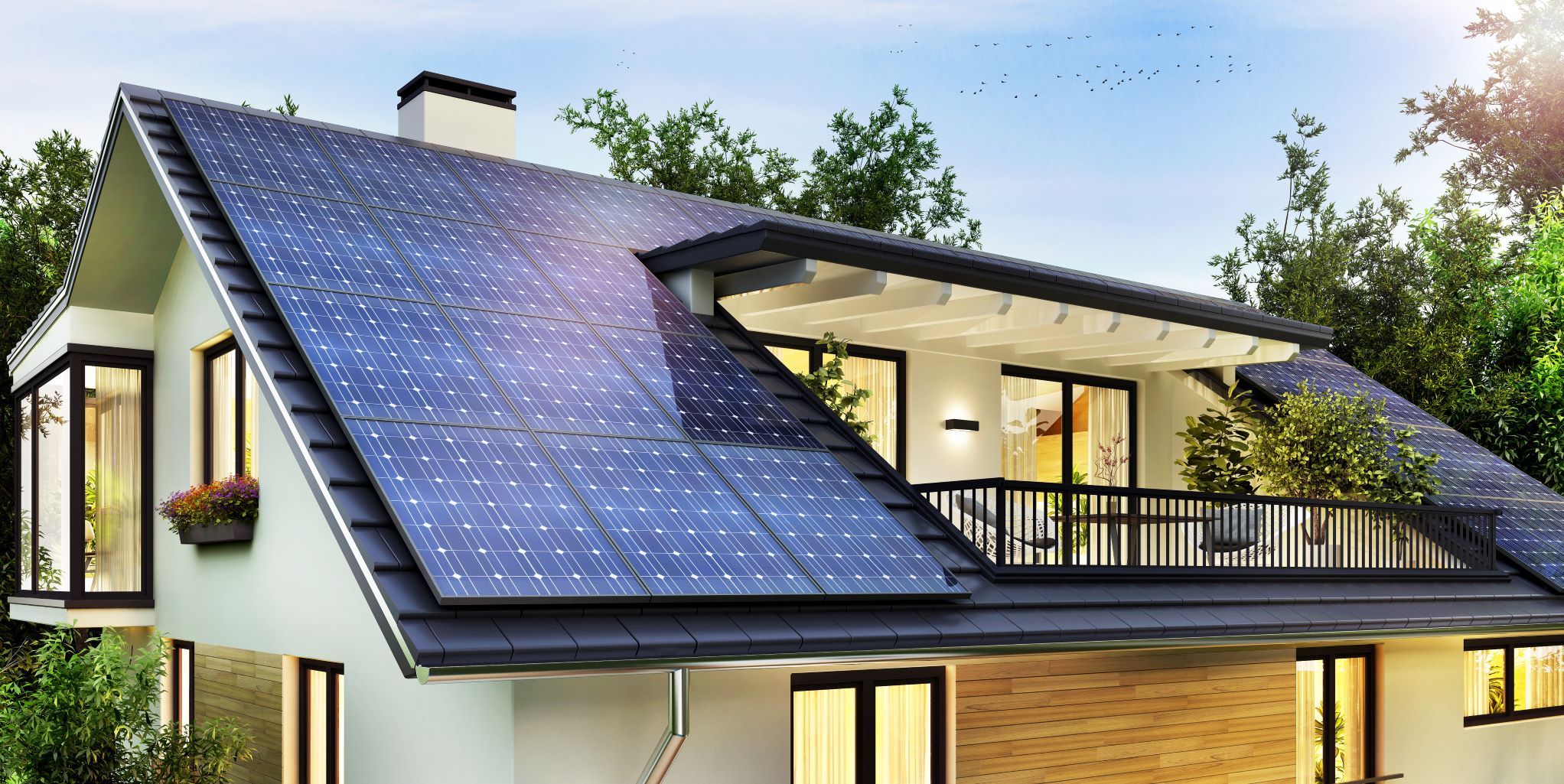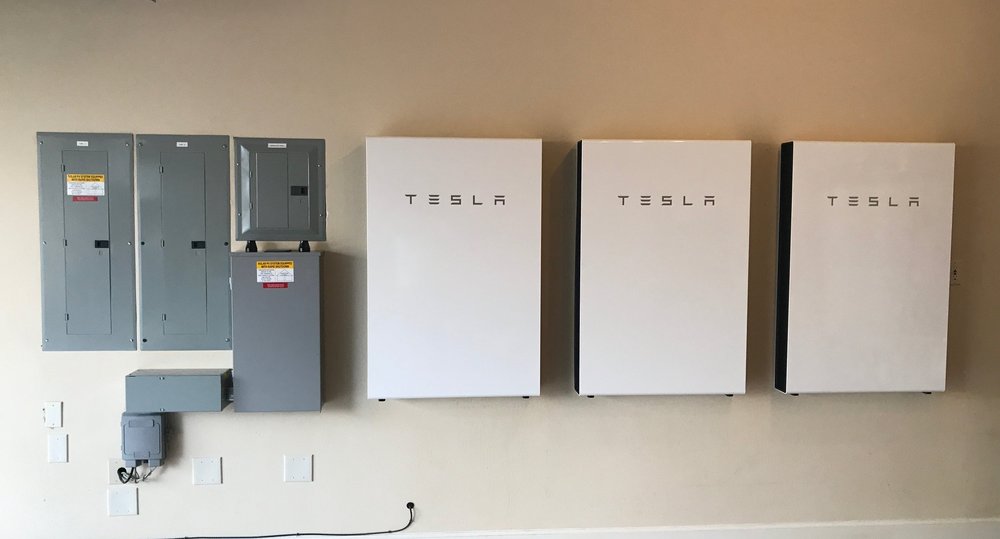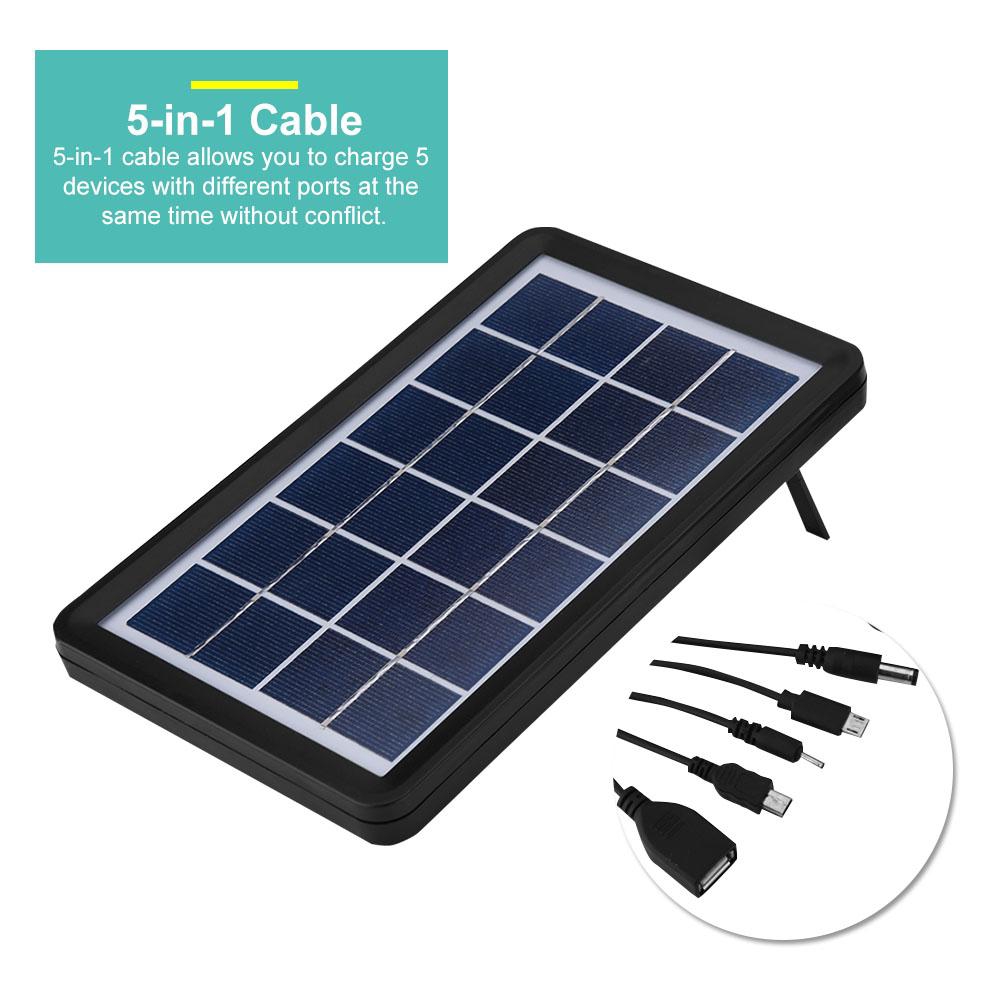
A sustainable energy definition means that energy is used and supplied in a way that minimizes the environmental impact. It considers economic and social as well as environmental factors. In simple terms, sustainable energy means energy that can be used to meet our own needs and not harm future generations. It must be both environmentally safe and economically viable. This definition is a very broad one, and there are many different definitions.
The use of energy to reduce the environmental damage is sustainable energy.
Sustainable energy is an energy source that produces and uses energy in a way that does not harm the environment. This type of energy is free and renewable, and is derived from sources that do not harm the environment. Many renewable energy sources can be considered sustainable. They are all abundant and easily accessible.
The sustainable energy sources are solar, wind and water. They are renewable and can be replenished within a lifetime. Alternative energy sources such as geothermal energy and advanced polymer composites are also examples of sustainable energy sources.

It includes considerations of environmental aspects
Energy sustainability refers to the assessment of environmental factors that can have an impact on energy production and use. Reducing material inputs can increase energy efficiency and decrease life-cycle carbon emissions. Resource efficiency is also an important consideration. The global consumption of primary material will nearly double by 2050, according to estimates. Renewable energy sources can help reduce demand and protect the environment.
The social and economic dimensions of energy sustainability must also be considered. Renewable energy is generally more sustainable than fossil fuels. However, some renewable energy projects can have severe environmental impacts. A community may be able to adopt a particular technology, which can have an impact on its costs and benefits.
It includes social and economic aspects
Energy sustainability encompasses economic, social, and environmental aspects. All three elements work together to create a more sustainable future. A sustainable supply of energy is vital for society's survival.
To promote energy sustainability, both the social and economic aspects work together to reduce pollution. Together, they encourage renewable energy, green technologies, as well other ways to reduce our energy consumption. They also foster environmental justice and global stewardship of natural resources.

It is economically accessible
The energy sustainability of buildings can be enhanced through a range of technologies. These technologies include passive technology and the use of renewable energy. The success of these measures will depend on a variety of factors including culture, lifestyle, and behavior. Enhanced energy sustainability in buildings can also be achieved by introducing district energy systems. These systems can generate power using both renewable and conventional resources.
The basic need for human existence is energy. It is used to provide a wide variety of services such as transportation, lighting and heating, as well as industrial processes. They cover all phases of the energy cycle, including obtaining, converting, transporting, and storing it. These services support social development and a decent standard of living.